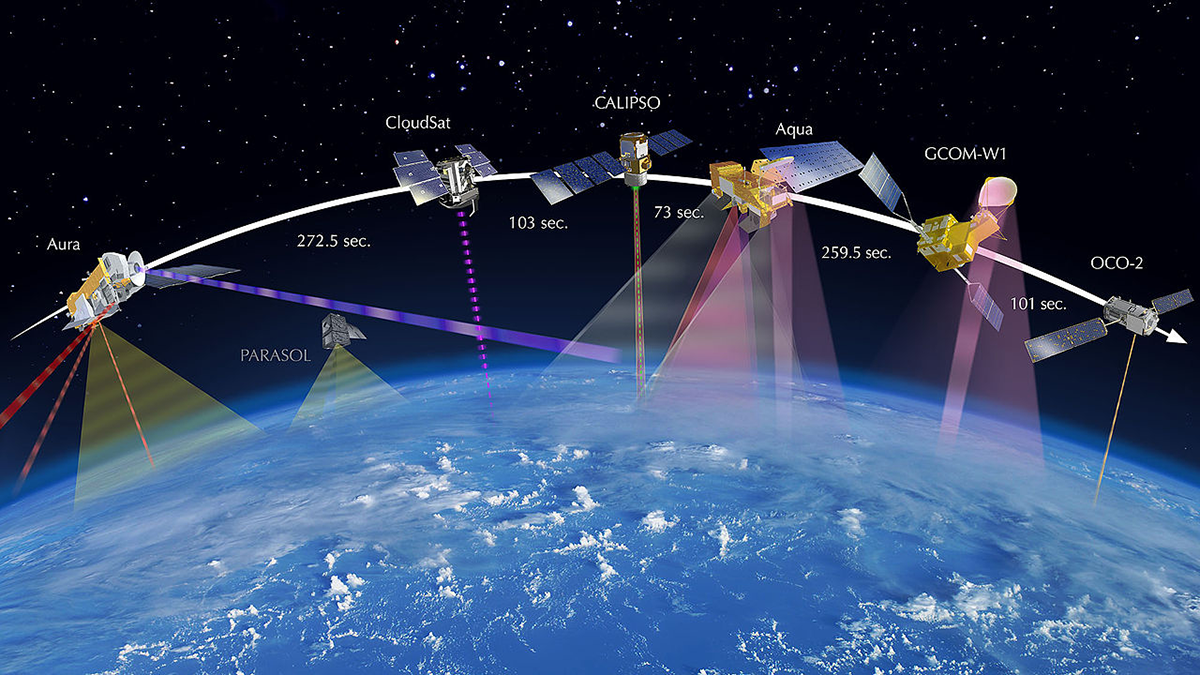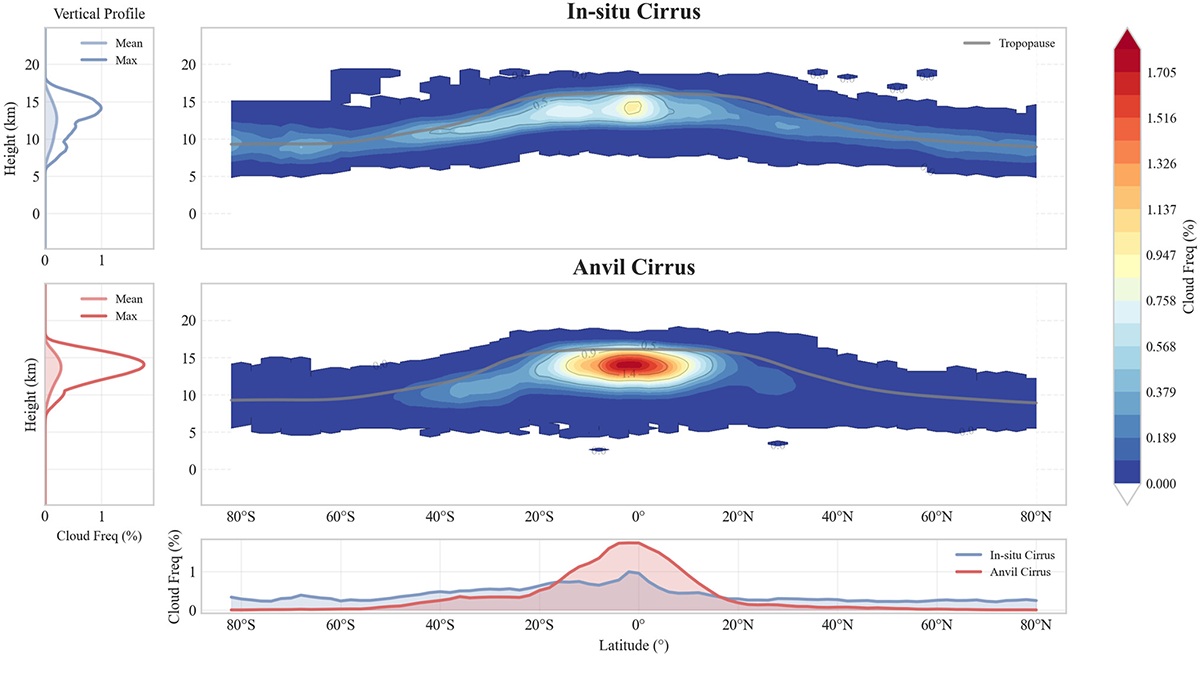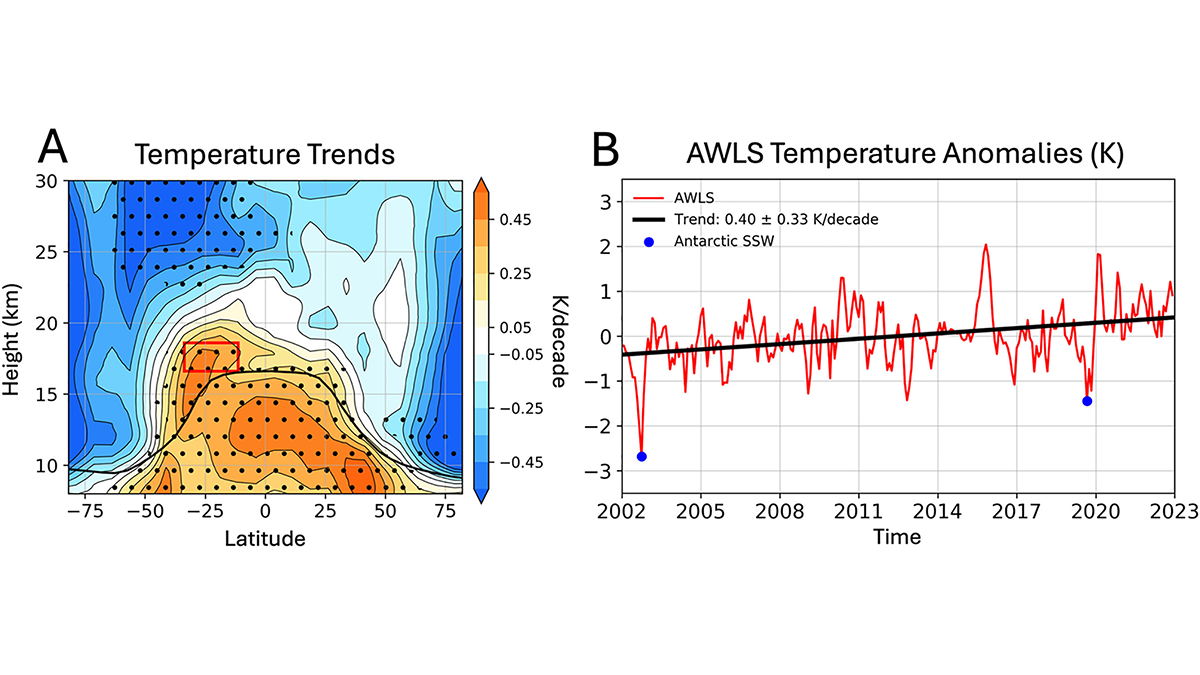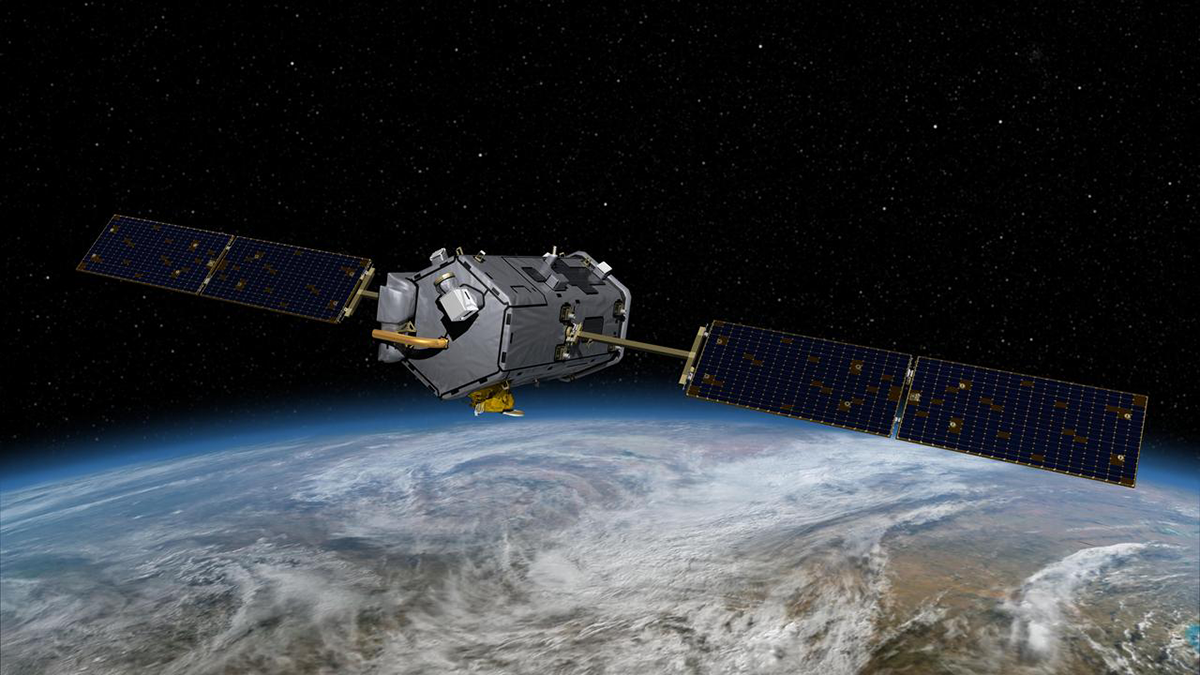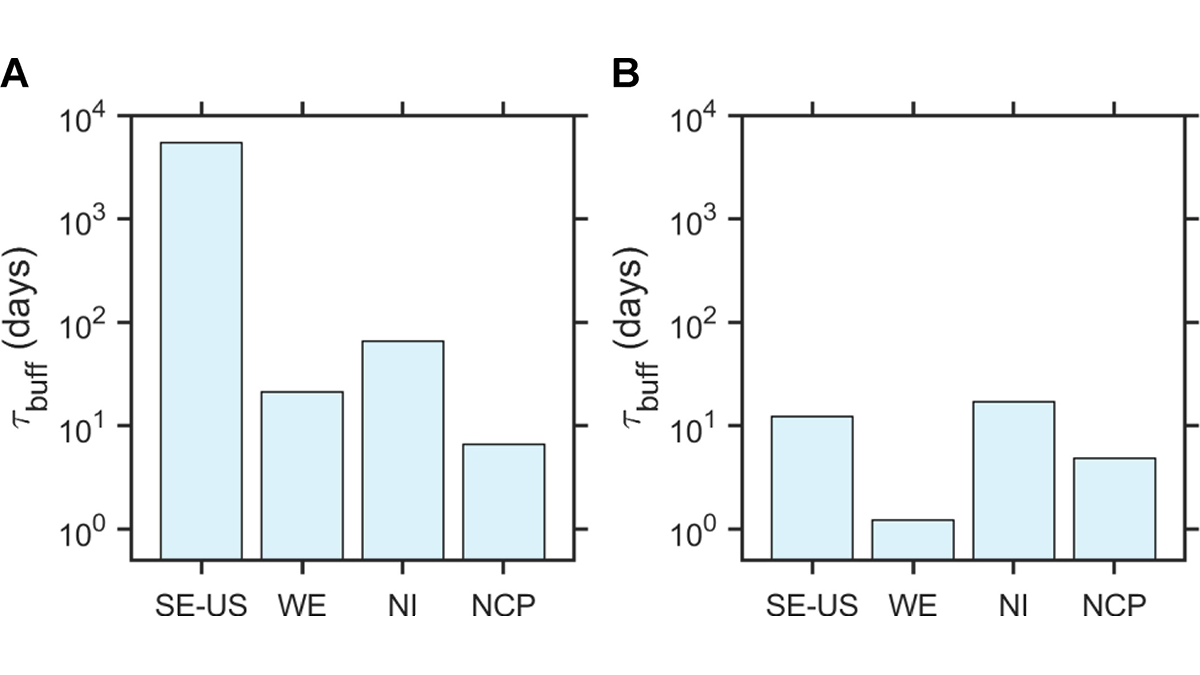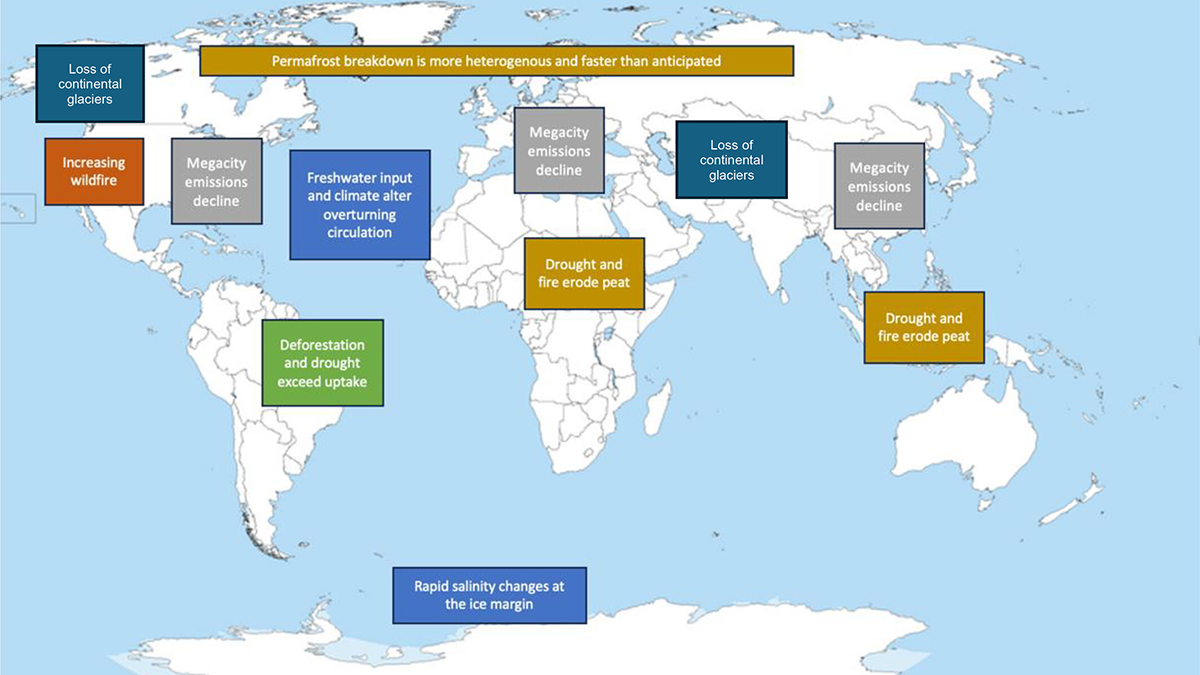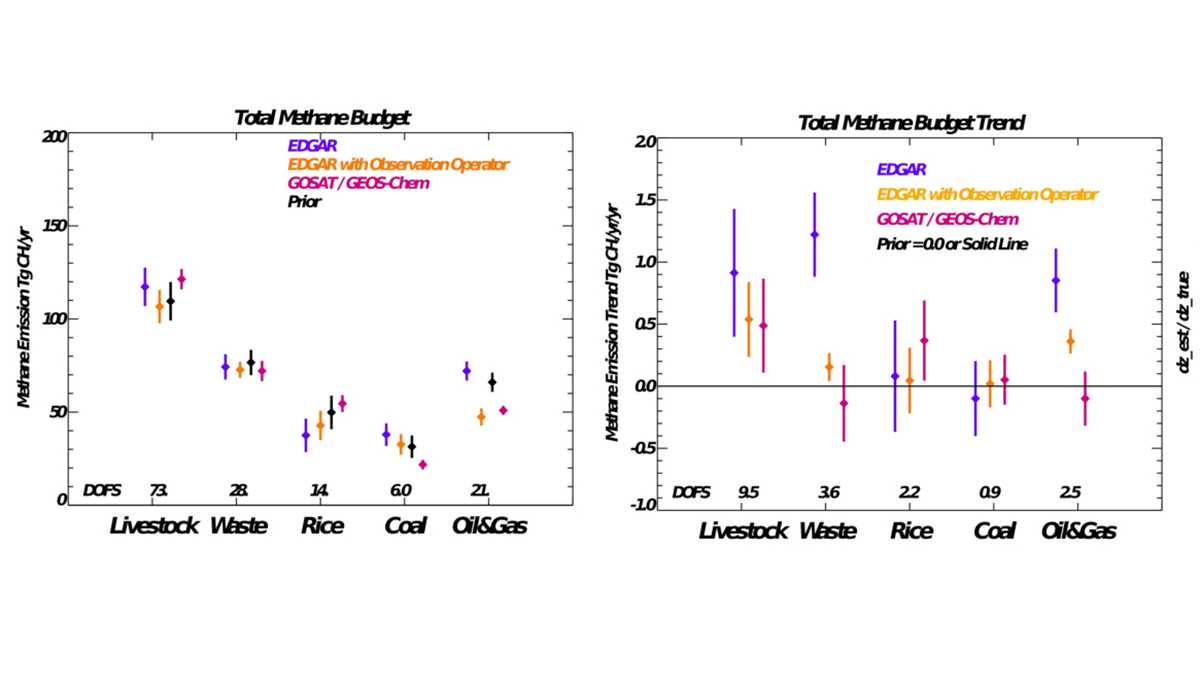The carbon cycle community calls for an integrated carbon observing system leveraging near-surface partial-column data to better resolve finer spatial scales where key processes and decisions occur.
Donald Wuebbles
Understanding Relative Atmospheric Roles of Anvil and In-situ Cirrus Clouds
New framework for separating anvil and in-situ cirrus clouds provides a pathway for modeling cirrus and how regional shifts in convection could reshape global cirrus distributions and their radiative impact.
Southern Hemisphere Subtropical Lower Stratosphere is Warming
Warming of the Southern Hemisphere (SH) subtropical lower stratosphere is due to slowing of Brewer-Dobson Circulation, thus cooling the Antarctic lower stratosphere and masking anticipated ozone recovery.
Coverage Factors Affect Urban CO2 Monitoring from Space
Orbital mechanics and environmental factors limiting the ability of Orbiting Carbon Observatory missions to collect data in space and time affect city-level monitoring, reporting, and verification goals.
Better Monitoring is Needed for Climate Change in the Upper Atmosphere
A new commentary calls for a better understanding of the impacts of climate change and anthropogenic emissions on long-term trends of the middle and upper atmosphere through enhanced observations and monitoring capabilities.
Using Satellite Data to Estimate Atmospheric CO2 Growth Rates
A new method improves growth rate estimates of carbon dioxide increase in the atmosphere by combining the standard NOAA approach with satellite data.
Buffering by Ammonia Sustains Sulfate Aerosol Production
A new method for evaluating the role of multiphase buffering and acidification reactions on aerosol pH finds that the buffering effect sustains sulfate production from high pH-favored multiphase reactions.
Framing the Next Decadal Survey for a Warming World
The next decadal survey (DS28) will be framed by a rapidly changing world, and will be critical to consider observational needs of the 2030s-2040s, a world increasingly dominated by climate extremes.
Using Machine Learning to Reconstruct Cloud-Obscured Dust Plumes
Satellite-observed dust plumes from North Africa are frequently obscured by clouds, but a new study uses machine learning to reconstruct dust patterns, demonstrating a new way to validate dust forecasts.
Using Bayesian Estimation to Improve Methane Inventories
A Bayesian, optimal estimation evaluation of state-of-the-art methane inventory with satellite-based emissions from 2009 to 2018 finds substantial differences for livestock, rice, and coal emissions.

